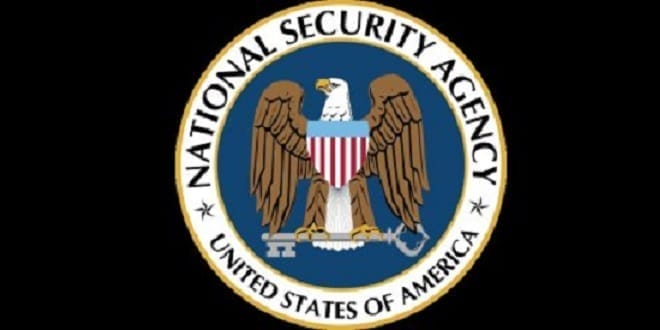In what has surely been a long-awaited victory for privacy advocates in the United States, a federal court of appeals ruled that the bulk collection of metadata by the NSA is illegal. The lower court had originally ruled that the bulk data collection was legal, but that ruling was vacated and the case was sent back to the district court by the Second Circuit Court of Appeals.
While it is a victory for civil rights, the ruling may not be as great as it seems. A crucial detail of the ruling is that the NSA's program was ruled illegal, not unconstitutional. Judge Gerard E. Lynch writes the opinion on behalf of the three judge panel. In it, he makes it clear that the ruling is based on the fact that the bulk collection of metadata goes beyond what was authorized by Congress in the Patriot Act. He states that the bulk collection of metadata violates privacy expectations to such an extent that, if it was required for national security reasons it would have been stated in "unmistakable language". The judges were unable to find such unmistakable language, which authorizes bulk data collection, anywhere in the Patriot Act.
This ruling still leaves open the possibility of another law being passed which does explicitly authorize bulk collection. If such a law were passed, it might still face a constitutional challenge. Even if the ruling doesn't state that the program is unconstitutional, it doesn't explicitly say that it is constitutional. For now, the issue is still undecided by the courts. It remains uncertain whether a stronger law could even be passed by the current Congress. Legislators are fiercely divided between those who support the NSA program in its current state, and those who would reform it. One reform proposal which has gained some traction is simply to keep the data in the hands of telecommunications companies, and the NSA would require a specific search warrant to obtain access to any of the data.
This ruling may come as a surprise to the government, because it contradicts numerous rulings by the Federal Intelligence Surveillance Court, which stated that the NSA program is legal. FISC is a court specifically created by Congress to approve surveillance orders in foreign intelligence investigations. Lynch suggested that the reason the appeals court came to a different decision than FISC is because it, "received the benefit of an adversarial presentation on the issues." When a government agency seeks permission for its activities from FISC, there is no opposing party making a case against it. Lynch suggests that courts may come to a different conclusion when there is someone making an argument against the government.
While this ruling may not have given privacy advocates the complete victory they were hoping for by declaring the NSA's activities unconstitutional, it has at least put some limitation on the bulk data collection, for the time being. It's certainly a victory worth celebrating, even if the fight isn't over yet.
Do you think Congress will pass a more powerful law to continue the bulk data collection by the NSA, or will they try to reform the NSA's activities? Leave your comments below.







